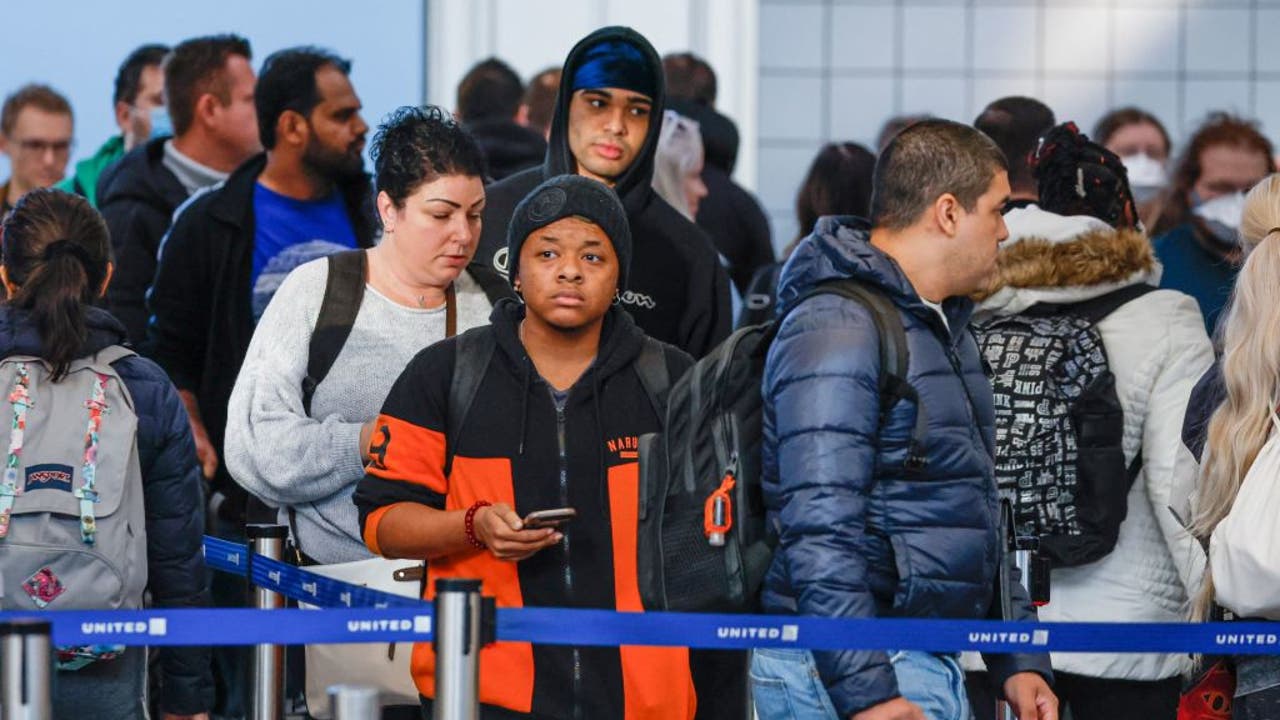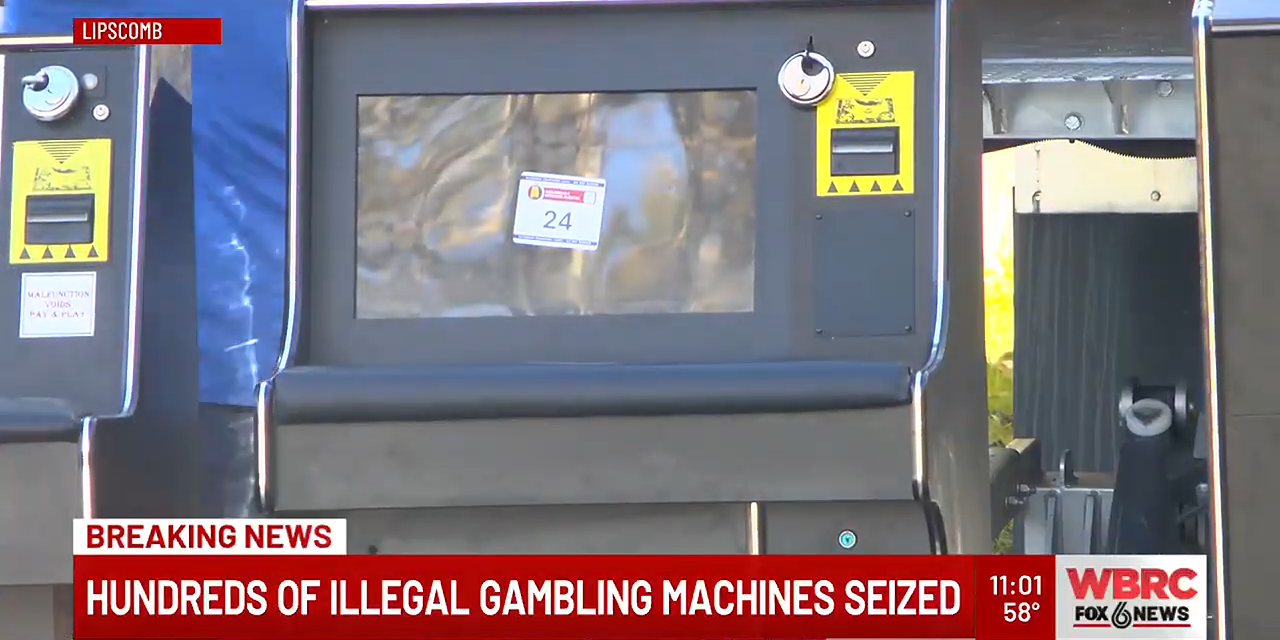State-sanctioned casino gambling arrived in Omaha Tuesday morning with a ribbon cutting and ceremonial first bets placed on slot machines.
From left, Dennis Lee, chairman of Nebraska Racing and Gaming Commission; Garald “Wally” Wollesen, president of Nebraska Horsemen; and Lance Morgan, CEO of WarHorse Casino, cut the ribbon at WarHorse Casino’s grand opening in Omaha on Tuesday.
About 200 people gathered outside the new WarHorse Casino at 63rd and Q Streets for the snipping of a blue ribbon. Handling the scissors were Lance Morgan, CEO of WarHorse Gaming; Garald Wollesen, president of the Nebraska Horsemen’s Benevolent and Protective Association; and Denny Lee, chairman of the Nebraska Racing and Gaming Commission.
“This is a long time coming for the horseman,” Wollesen said.
Supporters hailed the casino’s arrival, coming four years after Nebraska voters authorized casino gambling.
For decades, opponents had successfully stamped out efforts to legalize gaming in the state.
Despite opposition from former Nebraska football coach Tom Osborne and then-Gov. Pete Ricketts, in 2020 voters approved a trio of ballot initiatives allowing casino gambling at six licensed horse racetracks across the state and devoting some of the proceeds to property tax relief.
People are also reading…
Wollesen and tribal member Aaron LaPointe, the CEO of Ho-Chunk Capital, cast the first bets at the new casino. They each played slot machines called Mighty Cash Ultra 88.
Omaha-area residents now have a local alternative to the Iowa casinos in Council Bluffs. Supporters had pitched the ballot measures that paved the way to the opening as a way of keeping the gambling dollars in the state.

Jerry Welton, left, of Lincoln, leans into a craps table while playing at WarHorse Casino’s grand opening Tuesday.
The casino was built by Ho-Chunk Inc., the economic development arm of the Winnebago Tribe of Nebraska, through a partnership with the Nebraska Horsemen’s Benevolent and Protective Association.
It is adjacent to the Horsemen’s Park racetrack. A second phase of construction at WarHorse Omaha is expected to open next spring, with more than 400 additional gaming positions, a smoking area and additional dining options.
The current 58,000-square-foot building opened with 800 slots, 19 live table games and 100 simulcast screens.
Morgan has said he projects that initially the City of Omaha and Douglas County will split about $6 million a year in revenue from the state’s gaming tax from the WarHorse Casino.
The state imposes a 20% annual tax on gross gaming revenue from games of chance operated at licensed racetrack locations. Seventy percent of the tax revenue goes to the state’s Property Tax Credit Cash Fund. Twenty-five percent goes to the county where the racetrack is located, and if the racetrack is located partially within a city or a village, the county and city or village split it. The remaining 5% is split between the state’s general fund and the Compulsive Gamblers Assistance Fund.
Morgan has said that revenue from the Omaha casino, and a sister WarHorse casino set to open fully in Lincoln this fall, will be an economic driver to improve the lives of tribal members.
Eugene DeCora, a member of the tribal council of the Winnebago Tribe of Nebraska present at the opening, said he was happy to have cooperation among Nebraska, the horsemen and the tribe.

Samantha Burnette, right, of Omaha, deals a hand at a blackjack table Tuesday at WarHorse Casino.
“I think it’s going to benefit both the state of Nebraska and the Winnebago Tribe in every way possible,” DeCora said.
Tribe member LaPointe said he was honored to place one of the ceremonial first bets at WarHorse.
“It’s great to know that this is a Nebraska-owned company, and all the money that’s generated through WarHorse is going to stay,” he said.
He said people should come see it.
“We definitely didn’t cut any corners when it came to the budget or anything,” he said. “It’s something to experience.”
Telling ‘the other side of the story’
While gambling advocates celebrated the opening, local and national gambling opponents held a press conference at a separate Omaha location to warn of the social ills they predict will come.
“There’s going to be a lot of glitz and glamor with WarHorse being open today, but we need to tell the other side of the story,” said Pat Loontjer, director of Gambling with the Good Life.
“We believe it’s probably one of the saddest days for the city and for the state that we’ve had in a long, long time,” Loontjer said.
Jonathan Krutz, president of the board of Stop Predatory Gambling Foundation, said he came to Nebraska to warn residents that casinos are designed to statistically guarantee that the more you play, the more you will lose.
Residents should “avoid getting sucked into the addictive trance that slot machines and other forms of gambling promote to empty your wallet,” he said.
Gambling opponents held their press conference at Omaha’s Open Door Mission, which provides shelter and meals for persons experiencing homelessness and hunger.
Candace Gregory, chief executive officer of the Open Door Mission, said the facility is already impacted by gambling in Iowa and the new Prairie Flower Casino a 10-minute walk from the shelter.
She said the negative impacts of WarHorse Omaha entering the community won’t be far behind.
“Whether it be through bankruptcies, suicide attempts, successful suicide, we see families that are destroyed, loss of employment and jobs, and of course the children who are the victims in all of this,” she said.
Les Bernal, executive director of the national anti-gambling group Stop Predatory Gambling, said casinos are destined to fail because they are “the ultimate budget gimmick,” pitched as tax relief but costing communities instead.
“Just like in other states, these local casinos are going to create far more life-changing gambling addiction,” he said.
He said U.S. citizens are losing $300,000 a minute of personal wealth to commercial casinos, he said.
“Now, the people of the state are going to lose the equivalent of that over the next few years until we all come and repeal this law in this state,” he said. “And that money’s coming mostly from low-income people.”
Photos: WarHorse Casino opens in Omaha

From left, Dennis Lee, chairman of Nebraska Racing and Gaming Commission, Garald “Wally” Wollesen, president of Nebraska Horsemen, and Lance Morgan, CEO of WarHorse Casino, cut a ceremonial ribbon during the grand opening for WarHorse Casino in Omaha, on Tuesday, Aug. 6, 2024.

Eugene DeCora, tribal council member of the Winnebago tribe of Nebraska, speaks during WarHorse Casino’s grand opening in Omaha, on Tuesday, Aug. 6, 2024.

Dennis Lee, chairman of Nebraska Racing and Gaming Commission, left, Garald “Wally” Wollesen, president of Nebraska Horsemen, center, and Lance Morgan, CEO of WarHorse Casino, hold pairs of ceremonial scissors during WarHorse Casino’s grand opening in Omaha, on Tuesday, Aug. 6, 2024.

Samantha Burnette deals a hand at a blackjack table at WarHorse Casino in Omaha, on Tuesday, Aug. 6, 2024.

Garald “Wally” Wollesen, president of Nebraska Horsemen, talks to the press after the ceremonial first bet at WarHorse Casino’s grand opening in Omaha on Tuesday, Aug. 6, 2024.

Samantha Burnette, right, deals a hand at a blackjack table at WarHorse Casino in Omaha, on Tuesday, Aug. 6, 2024.

Crystal Covey, left, talks to Mike Krance, right, of Omaha, after a game of blackjack at WarHorse Casino in Omaha, on Tuesday, Aug. 6, 2024.

Terry Jacobson, left, of Omaha, looks up while playing a slot machine at WarHorse Casino in Omaha, on Tuesday, Aug. 6, 2024.

Jerry Welton, left, of Lincoln, leans into a craps table while playing at WarHorse Casino in Omaha, on Tuesday, Aug. 6, 2024.
joe.dejka@owh.com, 402-444-1077











